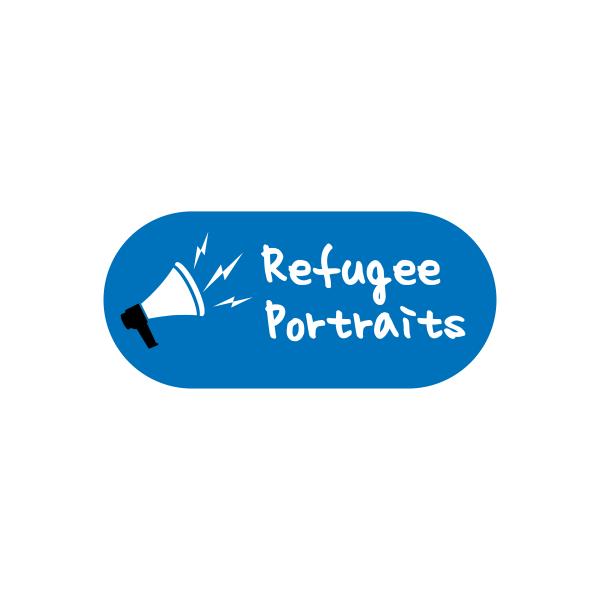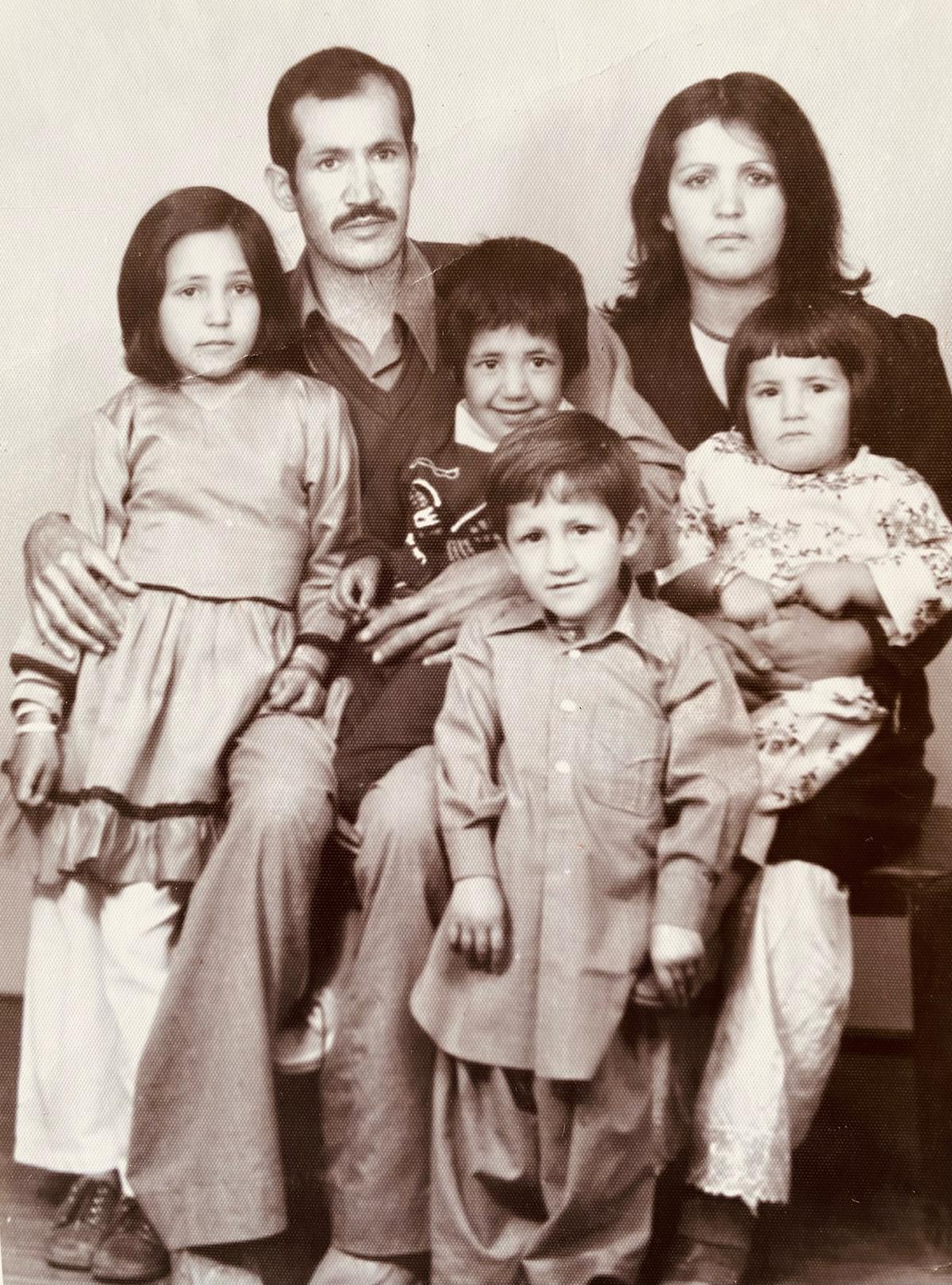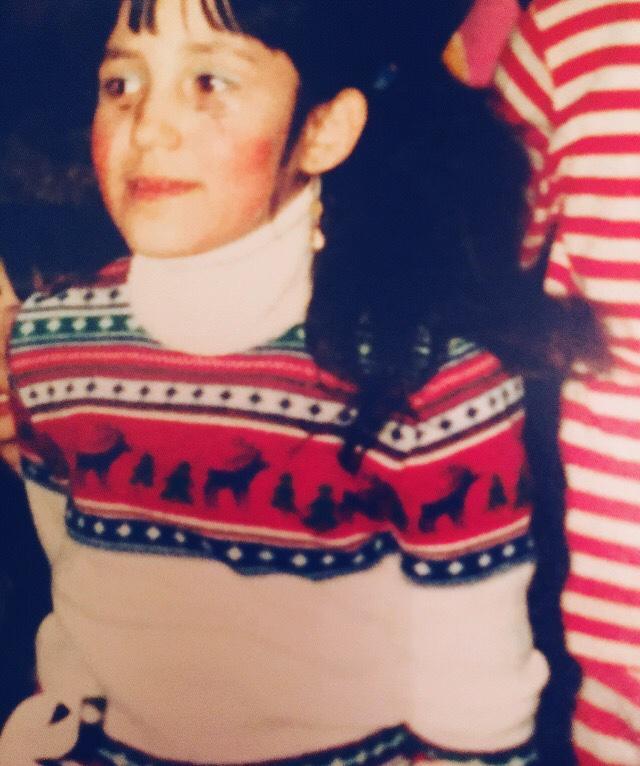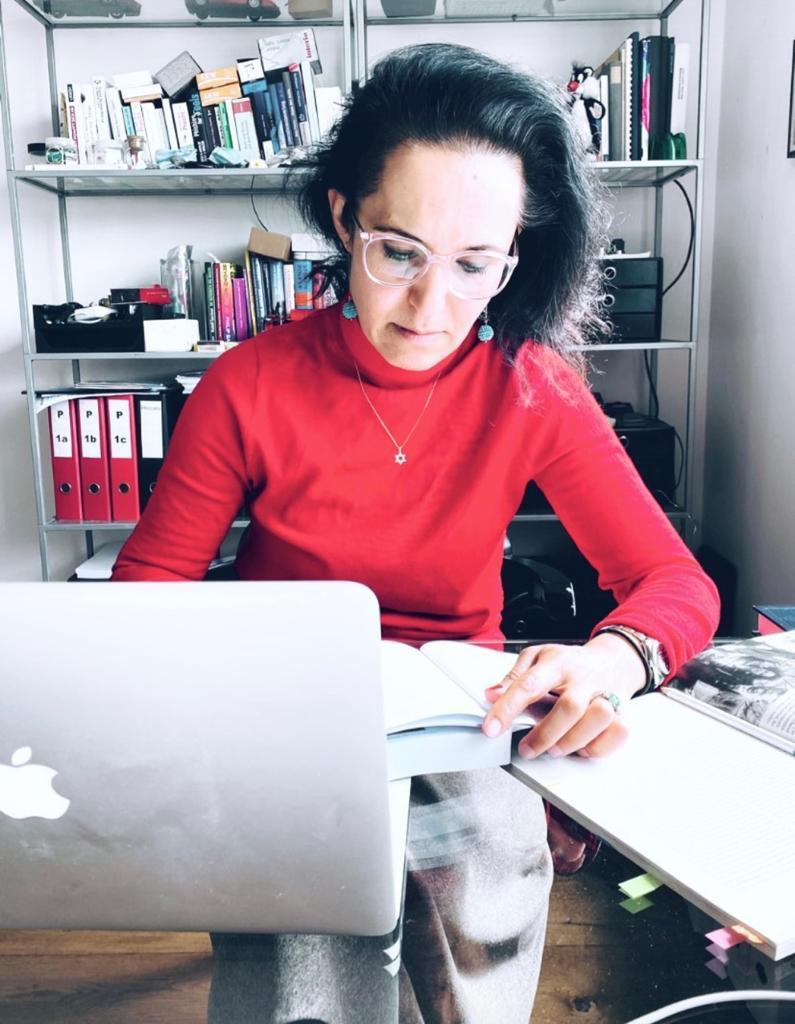
On the occasion of World Refugee Day in 2021, we launched a series of articles: “Refugee Portraits”. With these articles, we want to give refugees a voice so they can tell us about their experience, their journey, and their relationship with Switzerland. For the 7th article in our series, we met Lida, who fled Afghanistan with her family at the age of seven. After having lived first in Pakistan, then India, Germany, and the Netherlands, she moved with her former husband and their two children to Switzerland, where she finally felt a bit at home. For the past 10 years, Lida has lived in Ireland, where she is finalising her PhD at Trinity College Dublin on the topic of refugees.
My name is Lida Naeim-Jäggi, and I was born in Kabul in 1973. I had a very beautiful childhood in Afghanistan before the Soviet invasion in 1979. As a result, we suddenly had to leave the country and follow my father, who had left before us. I can say that it was a very difficult and traumatic journey for me as a seven-year-old child.
To cross the border from Afghanistan to Pakistan, I walked with my mother and younger siblings for around 4 or 5 weeks, accompanied by a guide. It was a very dangerous journey because at that time we were not allowed to take any personal belongings and documents as we could have been considered citizens seeking to escape the country. Many people were stopped and checked along the road. Some were even shot dead if their documents were found. I did not know where we were going and kept asking my mother without ever getting an answer. The moment I understood that we had crossed the border was when the colour of the earth changed from yellow to red. At that exact moment, I realised that it was a real goodbye and that I would never see Afghanistan again.
We went to Pakistan, then we moved to India, to New Delhi, where my parents decided to move further, so we ended up in Germany in 1981. We spent a week at the airport as a refugee family while the authorities conducted background checks. From that point, we were transferred to five different asylum centres over the next three years before finally receiving refugee status.
I spent my high school time in Germany before moving to the Netherlands to study psychology. I met my first husband there. We have two wonderful children, and in 2008 we decided to relocate to Switzerland.

I came to Switzerland not as a refugee but as a mother of two children with an education and a stable life. I experienced Switzerland as a very beautiful country. Its landscape reminded me of Afghanistan. The seasons are quite similar, and we also have similar mountains. That felt like coming home for me. I have lived in six foreign countries, but it was particularly in Switzerland where I had this feeling.
We moved to Ireland in 2013, and I returned to university to study philosophy and ethics. After my Master’s degree, I wanted to do more research because I felt I needed to learn more about justice and human rights. From the moment we crossed the border from Afghanistan to Pakistan, it has been a topic that has followed me my whole life. I wrote a research proposal and submitted it to Trinity College Dublin. Within a week, I received an invitation to discuss my research question and was accepted to begin my PhD in September 2018. Today, I am working toward the finalisation of my research.
The main topic of my research is the refugee crisis. Based on the works of two philosophers, Hannah Arendt and Seyla Benhabib, I am trying to analyse it from a moral and political standpoint. I am looking for answers on how we can understand and learn from the refugee crisis, how the hosts and the newcomers can live together. We all have the right to seek asylum when our lives are in danger, and as a former refugee, this topic is extremely important to me. I believe that a lot has to do with mutual respect and a sense of belonging without losing our individual identities. My plan for the future is to move back to Switzerland, find work in the field of human rights, and live with my second husband there.

My relationship with Afghanistan today is quite limited. I have never returned. After becoming a mother, I did not want to put my life at risk. I feel it is my duty to be there for my children. Given the current situation in Afghanistan, I would not want to take any chances. A part of my identity will always be Afghan. I speak the language, I love the culture, and I enjoy the music and Afghan cuisine. Those are part of my identity and will always remind me of where I come from.
My experience as a refugee in Germany was challenging. I was nine years old when we first arrived in Frankfurt. Having to learn a new language, not wearing the right clothes at school, and always being considered an outsider made it difficult for me.
My high school years were even harder, which I believe was one of the reasons I chose to study psychology in the Netherlands. Even now, when I travel to Germany as a citizen with fluent German and who is very familiar with German culture, I never really get this feeling of belonging. I think this is the hardest part of being a refugee. Although you adapt to a society and follow the rules and norms, you never get a real sense of belonging. To be accepted is something that comes through mutual respect.

I believe that we are often afraid of the unknown, which is why we need more dialogue. People forced to flee their countries are driven by the necessity to survive. I had a beautiful childhood, and I do not know how my life would have turned out if we had stayed in Afghanistan. However, staying was not an option. People should come together and get to know one another so that everyone works together rather than against each other.
I would promote mutual respect. Being open and looking for dialogue is what I would give as advice. When one enters a new country, it is not only important to feel safe, but also to be given support for proper integration, where one feels respected and has a sense of belonging to a community. What is also crucial is keeping our identity, because that is what makes multicultural societies beautiful.
As a young girl, I used to avoid everything that was related to Afghanistan because I thought that if I fitted in completely, people would respect me more. However, this was not effective at all. Every time someone would ask me where I was from, it would be like a mirror telling me that I was different. It is crucial to accept that we are all different. Now that I am more mature and doing my research, I feel much more comfortable talking about where I am from, and it makes me proud because I can see the advantages, the positive effects it had on me and the person I became thanks to it.